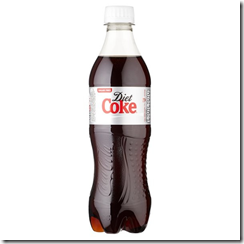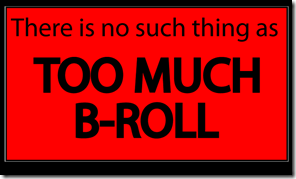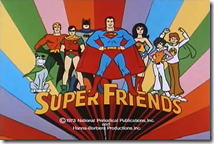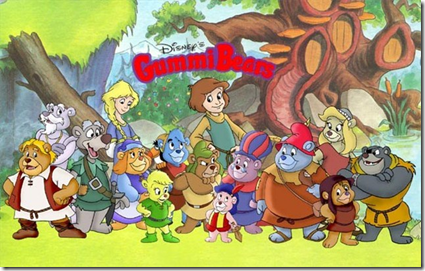Sleeping less is not the secret to my productivity. Television is.
/As a person who teaches elementary school, publishes novels, writes for magazines, owns and operates a wedding DJ company, runs a storytelling organization, and performs onstage regularly, I am often asked how I manage to get so much done.
This question is almost always followed with this assumption: "You don't sleep much. Do you?"
Yes, it's true. I don't sleep as much as the average person. Five or six hours at the most each night, but it's a mistake to think that this is how I accomplish so much. My productivity is the result of a multitude of systems and strategies that allow me to get a lot done in a given day, including this often forgotten, preferably ignored, but enormous one:
I don't watch much television. While the average American watches more than five hours of television a day, I watch an average about five hours of television a week, and that's in a good week.
Last month I went eleven days straight without watching television.
So yes, by sleeping less, I gain two or three or maybe four hours a day of productivity that most people spend in bed.
But I also gain four or five hours a day of productivity that most people spend watching TV.
To think that my productivity is primarily the result of my ability to sleep less would be a mistake.
As Teal Burrell recently wrote in the Washington Post:
"Americans are obsessed with television, spending an average of five hours a day pointing ourselves at it even as we complain we’re busier than ever."
And here's the thing: I like television. I enjoy sitting beside my wife and watching TV. I believe that we are in a golden age of television. Never before has television produced such high quality programming. I like Game of Thrones and Homeland and Veep and Last Week Tonight.
But here's the other thing: I like life more. I like playing with my children and writing books and meeting new people and reading and talking with my wife over dinner and performing onstage and striving for the the next thing. I like filling my life with real stuff rather than the fictional lives of TV people.
Watching television is not only a terrible way to achieve my goals, but too much television is destructive in so many ways. From Burrell's Washington Times piece:
People who watch more television are generally unhappier, heavier and worse sleepers, and have a higher risk of death over a defined length of time.
Avoiding television is not hard. Simply don't turn the damn thing on. Don't allow it to become the background noise of your life. Don't make it the default means of spending time because you have no other way to fill the hours.
Find something else to fill the hours. The list of possibilities are endless.
Read a book. Play a board game. Learn to play guitar. Knit. Write letters to friends. Learn to bake. Take a walk. Garden. Paint. Sculpt. Reupholster your couch. Call your grandmother. Start a side hustle. Exercise. Volunteer on a suicide prevention hotline. Meditate. Breed rabbits. Have more sex. Memorize poetry. Dance naked in your living room.
Become the person who somehow manages to knit lambswool cardigans, teach a weekly cooking classes, and restore antique rocking chairs in your spare time.
Live life.
When you're old and decrepit and staring death in the face, I promise you that the evenings spent dancing naked in your living room and hours you spent on the phone counseling suicidal teenagers will be more important to you than finishing The Wire or finding out if Bad Guy #625 will be sent to jail at the end of Law & Order.
Live a life more rich and real than the people you watch on television.
I've spoken about this very subject before, if you're interested:

























